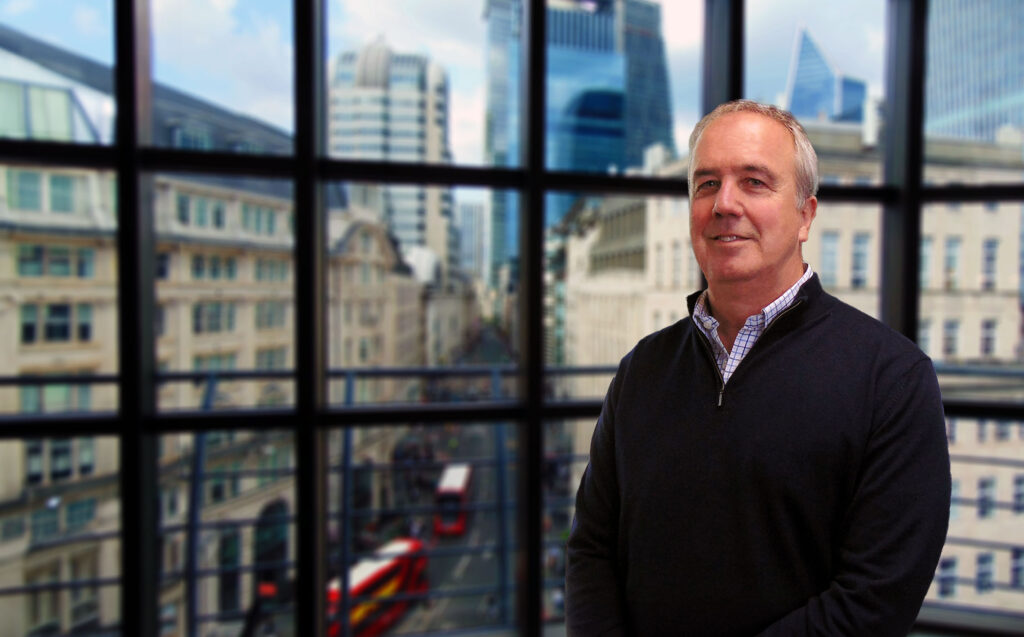
UK. char.gy secures USD 100M in private funding
Zouk Capital increases commitment to £100 million to support char.gy’s rollout of on-street charging infrastructure throughout the UK
char.gy is strongly positioned to become Local Authorities’ investment partner in EV charge point concessions
Zouk Capital increases commitment from UK Government-anchored Charging Infrastructure Investment Fund (CIIF) to £100m
This funding will support and enhance the Local Electric Vehicle Infrastructure Fund, (LEVI) extending its reach and ensuring equitable public access to charging infrastructure.
These funds will accelerate the rollout of char.gy’s public on-street charging infrastructure throughout the UK during the next five years, providing vital support for the 40% of UK households – over 11 million – without access to off-street parking
Electric vehicle (EV) charging company, char.gy, has secured an increase in commitment to £100m to boost the rollout of its on-street charging infrastructure across the UK. This significant investment from CIIF underscores char.gy’s pivotal role in the nation’s transition to electric vehicles.
With this new investment from Zouk Capital, char.gy aims to grow its network from over 3,000 chargepoints today to 100,000 by 2030, supporting the transition for up to 1 million drivers. Currently, the UK has around 60,000 public charge points, highlighting the scale of char.gy’s ambitious growth plans.
Since its inception, char.gy has grown into a trusted partner for UK councils, facilitating the installation of public charge points through the CIIF, a £420m public-private fund established by the UK Government in 2019. The fund, managed by Zouk Capital, aims to accelerate the deployment of EV charging infrastructure across the UK. char.gy’s initial £6.4m investment in 2021, followed by a second round in 2022 bringing the total to £65m, has now culminated in this third round, bringing the total investment to £100m.
char.gy’s range of charge point solutions, designed and manufactured in the UK, have proved highly effective with network availability consistently over 99%. Since the installation of its first public charge point in Marlow, Buckinghamshire in 2018, char.gy has consistently delivered robust on-street EV charging networks. Capable of deploying over 500 charge points monthly, the company is accelerating its rollout to help meet the estimated requirement of 300,000 public chargers needed by 2030. The deployment of more EV charging points helps to decrease reliance on fossil-fuel-powered vehicles, significantly lowering CO2 emissions and other harmful pollutants, contributing to cleaner, healthier communities across the UK.
John Lewis, char.gy CEO, said: “We are delighted that with Zouk’s continued support, we will continue to expand our on-street charging network, making EV ownership viable for more individuals reliant on public charging, supporting their transition to sustainable transport. Our mission is to ensure EV adoption is accessible to everyone, creating parity between those with off-street parking and those without. The latest funding will help us accelerate our ambitious growth plans and will be directed towards the rollout of more charge points across the next five years. We are here to partner with local councils, providing the expertise and scale needed to drive the UK’s green agenda forward.”
George Ridd, Partner Zouk Capital, added: “Zouk's increased commitment to char.gy comes at a pivotal time as the EV charging market experiences exponential growth. Collaborating with dedicated partners like char.gy allows local authorities to provide accessible, reliable charging infrastructure to their residents now and into the future. We are delighted to strengthen our support for char.gy’s mission. Well-capitalised providers like char.gy ensure that councils can depend on consistent, long-term investments, which are crucial for sustainable infrastructure development. Investors committed for the long haul are essential in meeting the growing demand for EV infrastructure and supporting the UK’s Net Zero 2050 goals.”